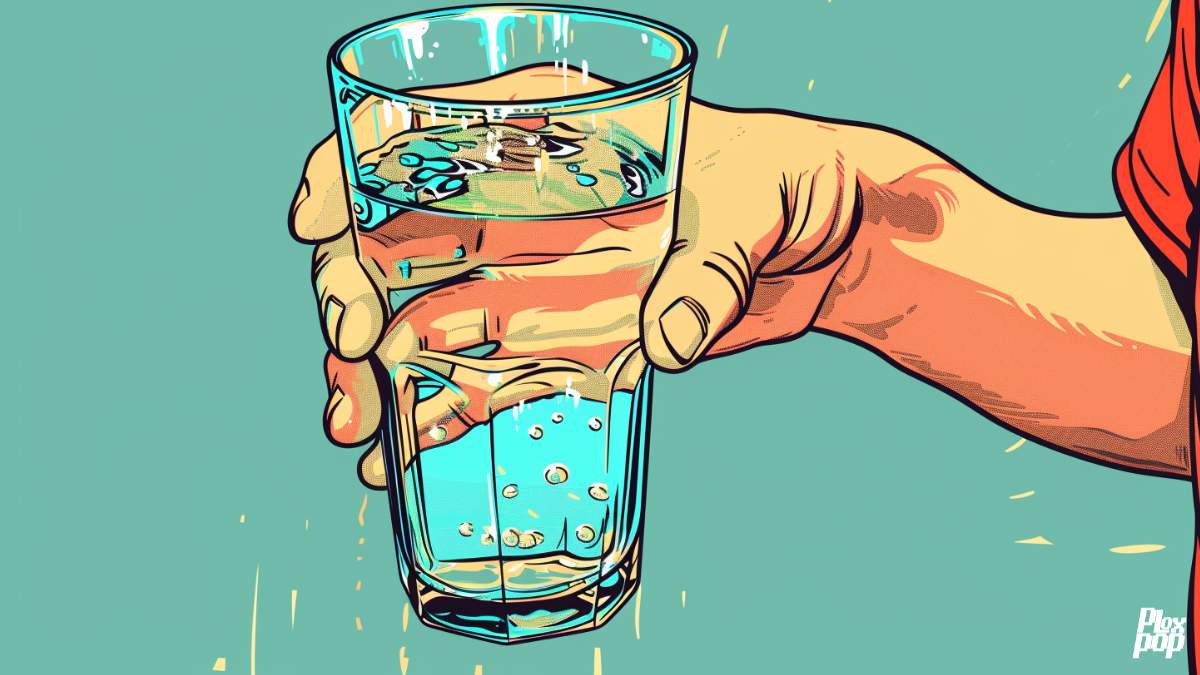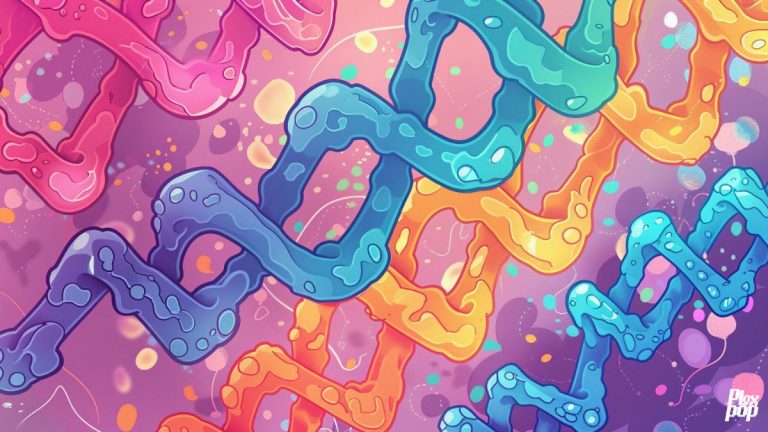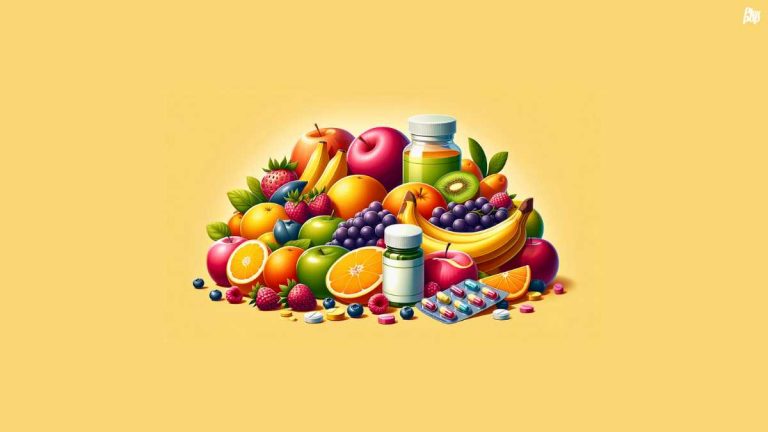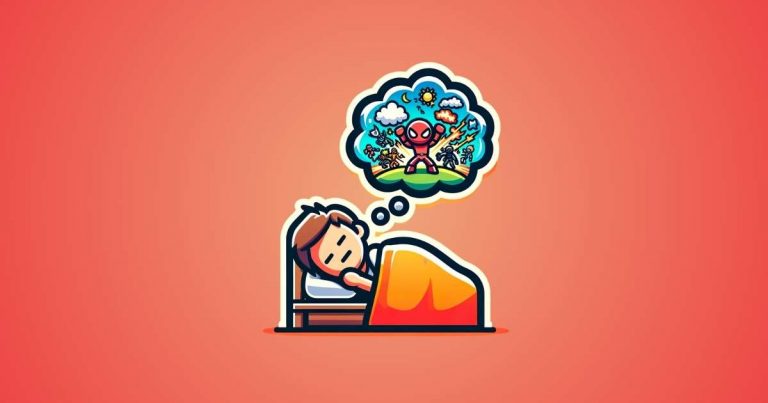Taking medication is a routine part of many people’s daily lives, whether it’s for managing chronic conditions, treating temporary illnesses, or simply as a dietary supplement. While the act of swallowing a pill may seem straightforward, the choice of beverage you use can significantly influence the medication’s effectiveness. The universal advice to take pills with a glass of water isn’t arbitrary; it’s grounded in scientific research and health considerations.
According to a study conducted in Saudi Arabia in 2021, substituting water with any other beverage while taking medication could pose unforeseen dangers. The study reveals why water should be the only companion to pill ingestion.
The Critical Role of Water in Medication Intake
Pharmaceuticals, from the common paracetamol to ibuprofen, undergo rigorous testing to determine the ideal conditions for their disintegration and absorption within the body, with all experiments conducted using water as the solvent. This process is vital for ensuring the medication exerts its intended effect within the prescribed timeframe. However, when other beverages enter the mix, they can significantly alter the disintegration time and, consequently, the drug’s effectiveness.
Water is a neutral liquid that does not interact with medications in a way that alters their efficacy. Unlike other beverages, water does not contain substances that might interfere with the body’s absorption of the medication. The simplicity of water makes it the ideal medium for ensuring that medications disintegrate and dissolve correctly, facilitating proper absorption into the bloodstream.
The Risks of Alternative Beverages
The aforementioned study in Saudi Arabia illuminated the risks associated with consuming medications with beverages other than water. This research showed that drinks such as Coca-Cola, Arabica coffee, whey serum, orange juice, and energy drinks could significantly alter the disintegration times of various medications, including over-the-counter pain relievers and antihistamines. Such alterations can lead to decreased effectiveness or increased risk of adverse effects.
For instance, carbonated beverages can affect the stomach’s pH balance, potentially impacting the disintegration and absorption rates of the medication. Similarly, beverages like coffee, which contain caffeine, can interfere with the body’s absorption processes, either hastening or delaying the medication’s onset of action.
Health Considerations and Advice
Given these findings, healthcare professionals strongly advise sticking to water when taking medication. Water’s neutral properties ensure that the medication can perform as intended without unnecessary complications. It’s especially crucial to follow this guideline with medications that have precise therapeutic windows, where too much or too little absorption can lead to serious health consequences.
While water is the safest choice for medication intake, there are instances where other liquids might be necessary. In cases of swallowing difficulties, for instance, thicker liquids may be recommended by a healthcare provider. However, these are exceptions rather than the rule, and any deviation from using water should be done under medical advice.
The intersection of medication effectiveness and the choice of accompanying beverage is a critical aspect of health management that often goes overlooked. The unanimous recommendation to use water as the solvent for pills is more than just a matter of convenience; it’s a precaution grounded in ensuring the safety and efficacy of medications.






Leave a Comment